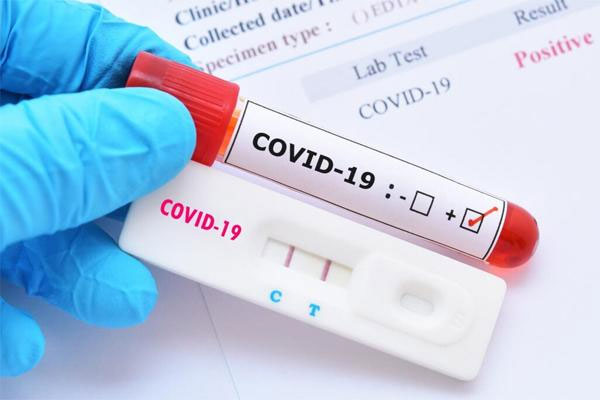A research team is experimenting with a therapy that fills the body with “decoy” cells to keep viruses away from healthy cells.
Northwestern University in the United States has proposed this idea to treat Covid-19. They believe that this approach could also be applied to any cell-invading disease.
Accordingly, the decoys are nano-sized molecules that mimic real cells in the body but carry more receptors.
For Covid-19, having more ACE2 receptors allows the virus to bind more easily. With such convenient options, the virus will attach to the decoys, bypassing human cells.
This therapy will be particularly useful for viruses like SARS-CoV-2, which frequently mutate. The receptors remain unchanged, so the virus continues to be attracted to the decoys.

Illustrative image: Cz.usembassy
Dr. Joshua Leonard, a co-author of the study, stated: “To enter a cell, the virus must bind to the ACE2 receptor. The decoy nano-molecules pose a challenge for Covid-19. The virus will have to devise a completely different method to invade the cell without using the ACE2 receptors.”
“We have demonstrated that the decoy nano-molecules are effective inhibitors of all different virus variants. Even variants that evade other treatments cannot escape our decoys.”
The research team used tiny particles known as extracellular vesicles, which are naturally released from cells.
When exposed to the decoys, the SARS-CoV-2 virus tightly binds to the receptors, allowing the nano-particles to absorb the virus like a sponge. As a result, the virus cannot infect the rest of the body.
This technique has only been analyzed in the laboratory but has been noted to be 50 times more effective than current antiviral drugs in combating virus mutations.
The treatment method has proven effective against the original strain of the SARS-CoV-2 virus as well as the Beta, Delta, and Lambda variants.
Dr. Neha Kamat remarked: “As we conducted our research, different variants continuously emerged around the world. We continue to test our decoys against new variants and still achieve good results.”
Although further research and clinical evaluation are needed, experts believe that decoy nano-particles could one day be used to treat patients with severe or long-lasting viral infections.

















































